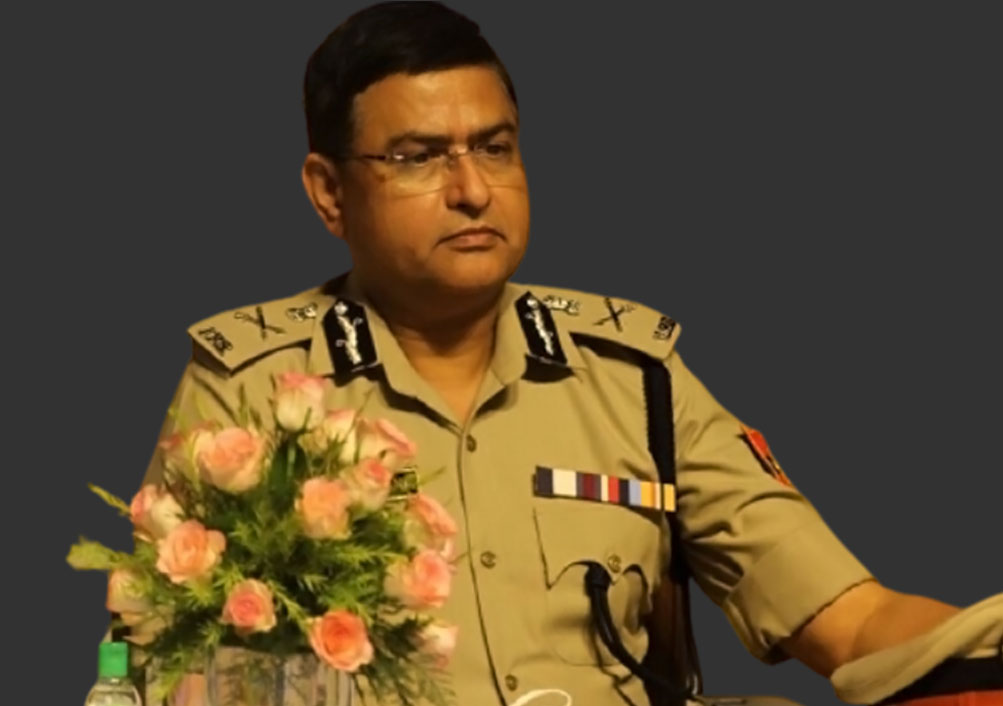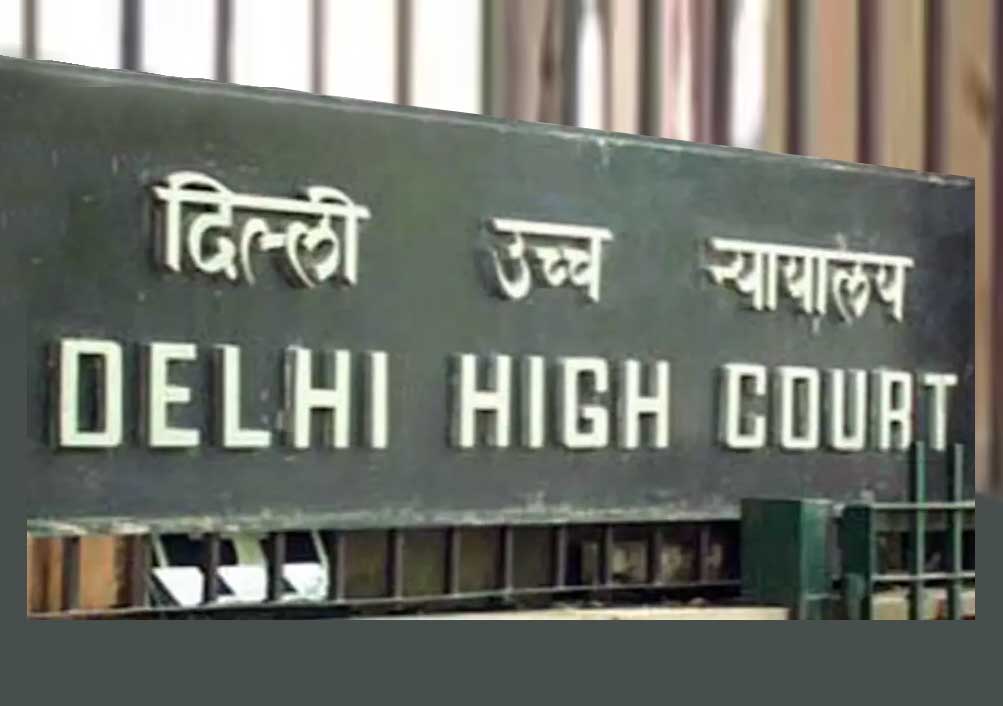Delhi HC affirms extended appointment of Rakesh Asthana as Commissioner of Delhi Police

Read Judgment: Sadre Alam vs. Union of India
Pankaj Bajpai
New Delhi, October 18, 2021: While refusing to issue a writ of quo warranto to quash the appointment of Rakesh Asthana as Commissioner of Delhi Police,the Delhi High Court has ruled that there is no violation of Rule 16(1) of All India Services (Death-cum-Retirement Benefits) Rules, 1958 and FR 56(d) in view of the power of relaxation exercised by the Central Government.
A Division Bench of Chief Justice D.N. Patel and Justice Jyoti Singh observed that during the process of appointment of Commissioner of Police, Delhi, the Cadre Controlling Authority (CCA) was faced with precarious situation where it found that most of the appropriate level officers of AGMUT Cadre were not having the requisite experience for appointment of Commissioner of Police, Delhi.
Keeping in mind the complexities and sensitivities in the Capital of the Country and the fact that no officer with appropriate seniority and requisite experience was available in the AGMUT Cadre, the relaxation provision was invoked and extension of service was granted to Asthana, added the Bench.
The observation came pursuant to a petition filed by Sadre Alam challenging order dated July 27, 2021, whereby Inter-Cadre deputation was granted to Rakesh Asthana from Gujarat Cadre to AGMUT Cadre as also extension of his service, initially for a period of one year beyond the date of his superannuation on July 31, 2021 or until further orders, whichever was earlier and his appointment as Commissioner of Police, Delhi.
Going by the background of the case, the service of Delhi Police Commissioner, Rakesh Asthana (a 1984-batch Gujarat cadre IPS officer who took charge as Delhi Police Commissioner in July 2021), was initially extended for a period of one year beyond the date of his superannuation, four days before this retirement, by an order issued by the Ministry of Home Affairs.
Accordingly, such appointment was challenged on the ground that the appointment was made merely four days before his retirement, in sheer violation of the Prakash Singh & Others vs. Union of India case wherein it was held by the Supreme Court that the Union Public Service Commission (UPSC) should, as far as possible, consider only those officers for such appointments who have two years of service left.
It was argued that Asthana did not have a minimum residual tenure of six months and no UPSC panel was formed for the appointment of Delhi Police Commissioner. Further, the criteria of having a minimum tenure of two years had been ignored and Asthana had surpassed the super-time scale for inter-cadre deputation.
It was further argued that non-appointment of the Delhi Police Commissioner from the AGMUT cadre will have a deleterious effect on the said cadre, sending a signal that the personnel therein are incompetent.
Opposing the same, the Centre on the other hand contended that appointment of Rakesh Asthana as Delhi Police Commissioner was done in public interest owing to the reason that Delhi, being the national capital, has been witnessing law and order and policing issues having national security and cross border implications.
It was also stated that a compelling need was felt by the Central Government to appoint a person as a head of the police force of Delhi, who had diverse and vast experience of heading a large police force, having political as well as public order experience of working and supervising Central Investigating Agency(s) as well as para-military forces.
Responding to the contention that appointment of Asthana will have demoralizing effect on AGMUT Cadre, the Centre responded that Asthana was appointed as the Delhi Police Chief after thorough examination.
After considering the arguments, the Delhi HC rejected the contention that the Central Government was required to send the case to UPSC for empanelment or that Asthana was required to have a residuary service of six months, prior to his superannuation, at the time of his appointment as Commissioner of Police, Delhi.
While distinguishing from the views given in the decision of Prakash Singh case (supra) , the High Court stated that the directions of the Supreme Court were only intended to apply with respect to the appointments of the DGPs in the respective States and thus there is no violation of the directions of the Supreme Court.
In the present case, as Asthana is an IPS officer and Member of the All India Services, the service conditions are more aptly governed by All India Services (Death-cum-Retirement Benefits) Rules, 1958 and the provisions of Rule 3 of All India Services (Conditions of Service – Residuary Matters) Rules, 1960, would apply for relaxation of the provisions of Rule 16(1) of Rules, 1958, added the Court.
Applying the principle of contemporanea expositio, Justice Patel observed that if a procedure has been followed by the Central Government since 2006, and appointments of as many as 8 Commissioners of Police, Delhi have been made following the statutory regime under the Delhi Police Act, 1978 r/w Transaction of Business of GNCTD Rules, 1993, which has withstood the test of time, without any demur/objection/challenge in any Court or Forum of law, the same gains weightage.
On account of the unavailability of sufficient number of officers in the pool in respect of various segments of AGMUT Cadre, Justice Patel agreed with Union of India (first respondent) that the State Cadres have to be treated differently from the AGMUT Cadre, for the purpose of empanelment of the respective Heads of the Police Force.
Accepting the proposition placed by the Petitioner, would result in a situation where perhaps only one officer will fall in the zone of consideration and the empanelment would resultantly be only of one officer, added Delhi HC.
Sign up for our weekly newsletter to stay up to date on our product, events featured blog, special offer and all of the exciting things that take place here at Legitquest.




Add a Comment